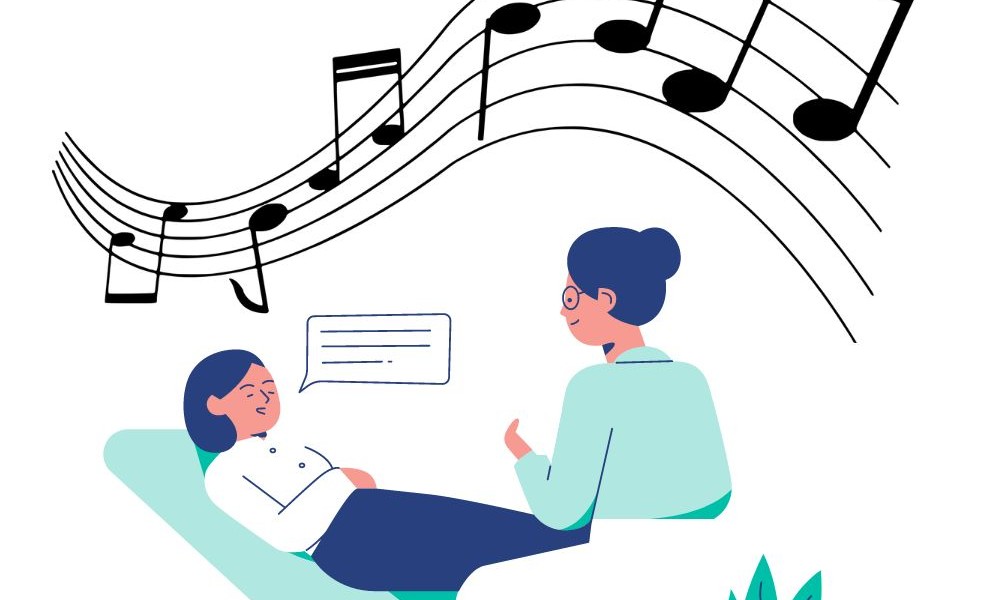Music therapy
Music therapy is a special interactive method of helping adults and children with various types of disabilities. The music therapy rehabilitation course is aimed at the general health improvement and individual development of each child. Music therapy is a system of psychosomatic (mental and physical) regulation of the functions of the human body. With music therapy, there is a simultaneous effect of acoustic waves, organized into a musical structure, on the psycho-emotional, spiritual sphere of a person and directly on the surface of the body and internal organs.
Honest music
Copyright Free Music is the best kind of audio that you can use for music therapy and your activities. With this type of license, the customer pays for the composition once, and after that, he can use it at his discretion. After you buy an audio file, you can use it any number of times, throughout your own life. This eliminates the need to transfer fees to the content owner after any fact of playing music; therefore, it can be legally used repeatedly in therapy.
Classics in music therapy
Listening to classics for therapeutic purposes is music therapy. More precisely, one of its types is receptive music therapy. She has certain nuances and difficulties. The piece of music (not necessarily classical music) is selected specifically for the client and his situation. It must be a very accurate hit. For example, a patient with Alzheimer’s will be asked to listen to a piece that he loved to listen to in his youth, and this will help him remember some events.
Sometimes an active form of music therapy is used, where an adult or a child himself plays musical instruments. Thus, a person has the opportunity to express himself and learn how to interact with other people. Of course, the form of playing musical instruments is much more attractive to children than listening to music.
Who is music therapy indicated for?
Music therapy has a wide range of possibilities. It is used in special education, psychotherapy, neurological practice, and palliative care. Music therapy can give a person tremendous psychological support or support physiological functions, help in the development of speech, motor skills, and memory, and improve the quality of life.
Music and the well-being of adults and children
For what diseases can music help, if not counting its therapeutic effect under normal conditions, when we are healthy, but just want to cheer up and cheer ourselves up? Scientists know a lot of examples when listening to music contributes to the mental and physical health of children with various diseases. It is assumed that the brain can be trained and perceive various kinds of external influences for the entire period of life. The brain is changing, and we are with it! This is probably why there is scientific evidence showing that music is positive for patients in a state of coma, stroke, and people with loss of mobility.
Vocal therapy
This technique helps to establish inner silence, a state without thoughts. That is, it is precisely the state in which our brain rests, and the internal reserves of the body are restored. It is also called meditation.
Listen to music in a state without thoughts, and let your inner charge always be full! And also – sing often! The human voice is an inexhaustible source of health, vitality, energy, and inspiration.
Vocal therapy is also used to improve the psycho-emotional state and mood, and to express feelings. Singing saturates the body with oxygen, deepens breathing, relaxes muscles, and activates the internal reserve of forces.
Let us also remember our inner music, which manifests itself through mood, words, thoughts, desires, and feelings. And may this music of the heart always be sincere, light, and joyful.
Conclusion
Music can help the child to coordinate their actions, for example, while playing simple musical instruments, such as rhythmically pounding drums or performing rhythmic movements. Motor correction to music relieves nervous tension.
Vocal therapy is an effective means of correcting speech disorders. In such therapy, elements are used that contribute to the normalization of speech breathing, smoothness, fusion, and clarity of pronunciation. At the same time, children are freed from the constraint and fear that accompanies the pronunciation of the phrase; their speech becomes freer.
Music therapy has a beneficial effect on the work of all internal organs of a person and stabilizes the electrical activity of the brain. Of significant importance for psychotherapeutic work is the fact that a characteristic reaction to vocal therapy is a slowdown of the brain’s alpha rhythm, which corresponds to a state of calm and comfort. The alpha rhythm plays a significant role in providing psychophysiological reactions and various kinds of cognitive activity. Vocal therapy has a positive effect on the neurophysiological support of memory and attention.
